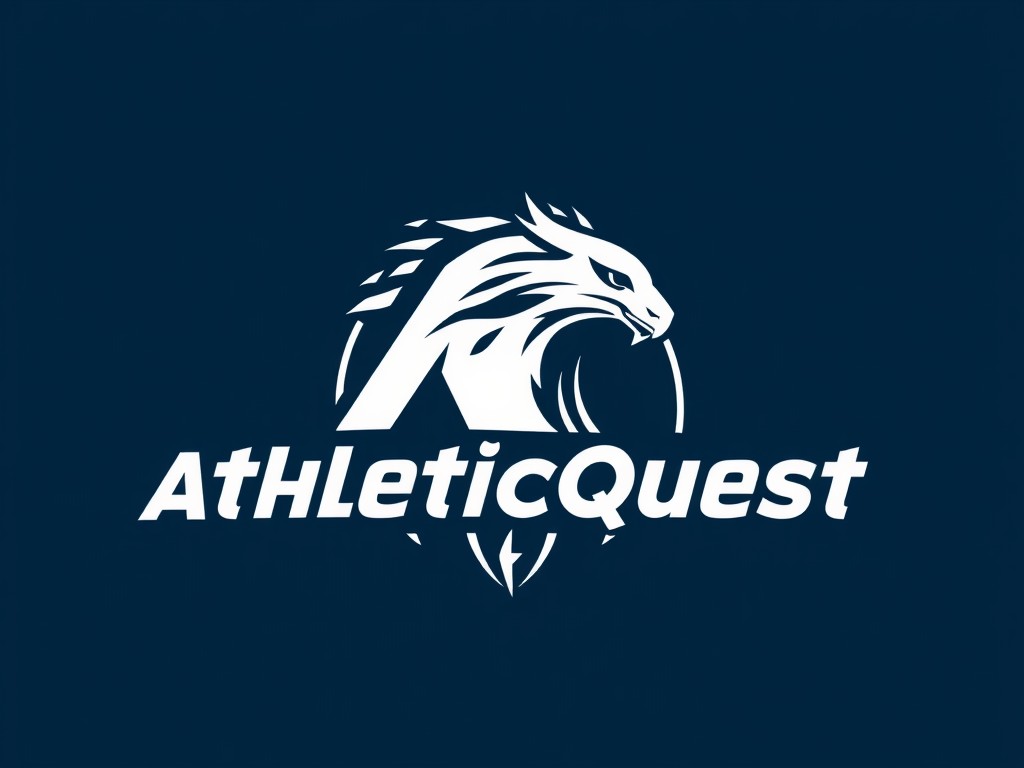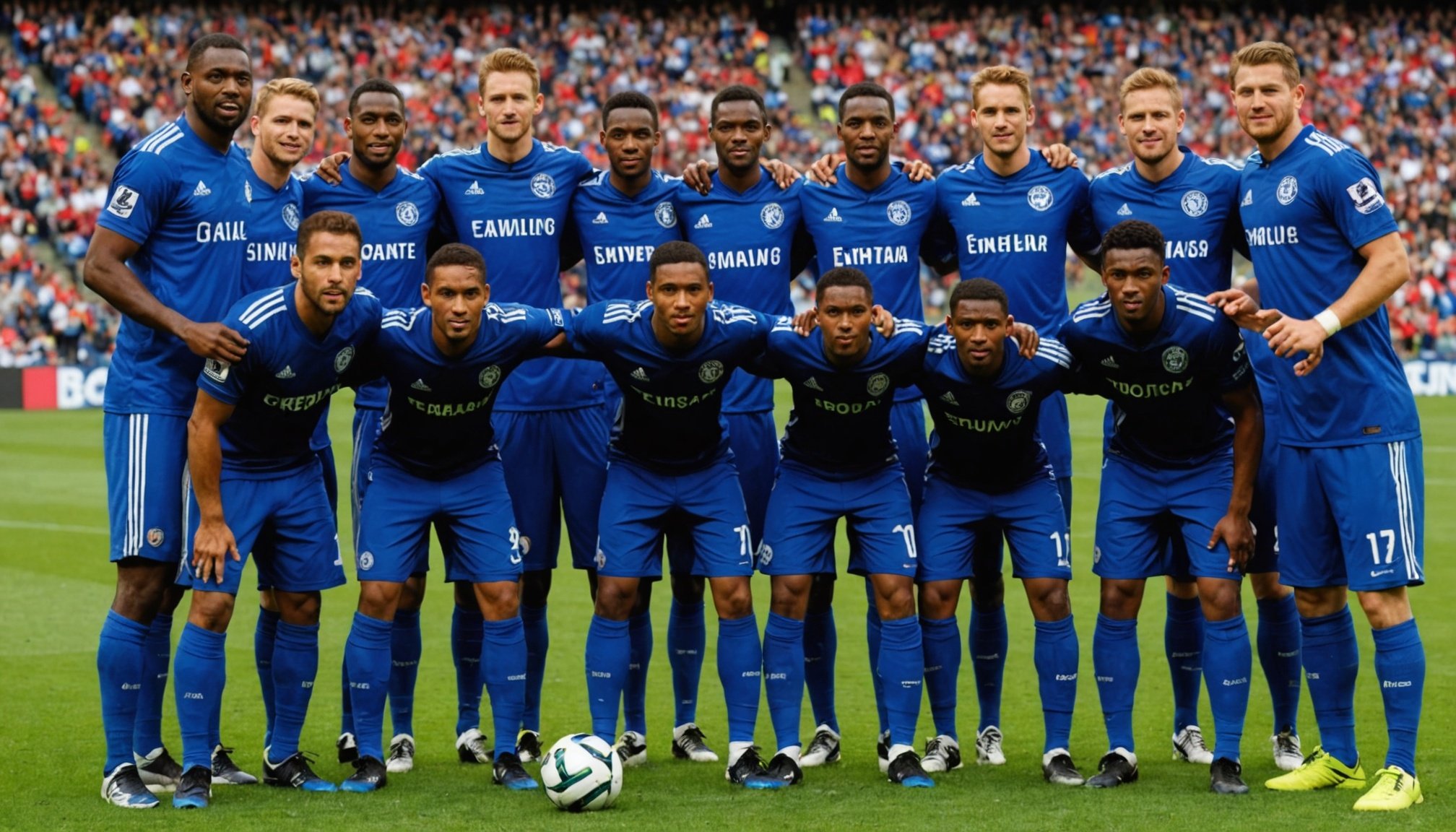Mastering Multicultural Communication: Top Strategies for Success in Football Teams
In the vibrant and diverse world of football, effective communication is the cornerstone of a team’s success. With players from various cultural backgrounds, languages, and experiences, navigating multicultural communication can be both a challenge and an opportunity. Here’s how football teams can master this art to achieve peak performance.
Understanding the Importance of Multicultural Communication
In today’s globalized sports landscape, football teams are more diverse than ever. This diversity brings a wealth of different perspectives, skills, and experiences, but it also presents unique communication challenges. As Samia Zoheir, MBA, and strategy director at Lafond Gestion, notes, “A favorable climate, complementarity among team members, and good cohesion are essential for expressing the full potential of the team”[1].
This might interest you : Unlocking Off-Season Success: The Advantages of Cross-Training for Football Players
Effective multicultural communication is not just about speaking the same language; it’s about understanding and respecting the cultural nuances that shape how people interact and communicate. Here are some key reasons why multicultural communication is crucial for football teams:
- Enhanced Team Performance: When team members can communicate effectively, they can work together more seamlessly, leading to better coordination on the field.
- Improved Decision Making: Clear communication ensures that all players are on the same page, making decision-making processes more efficient.
- Stronger Team Cohesion: Good communication fosters trust, respect, and a sense of belonging among team members, which is vital for building a winning culture.
- Better Conflict Resolution: Multicultural communication helps in resolving conflicts that may arise due to cultural differences, ensuring that the team remains focused on its goals.
Building a Culture of Effective Communication
Creating an environment where multicultural communication thrives involves several key strategies.
Additional reading : Enhancing Game-Day Decisions: The Power of Mindfulness for Football Players
Cultivating Trust and Respect
Trust is the foundation of any successful team. Here’s how to cultivate it:
- Encourage Open Communication: Create a safe space where players feel comfortable sharing their thoughts and feelings without fear of judgment or ridicule.
- Foster a Culture of Respect: Ensure that all team members respect each other’s values, beliefs, and cultural practices. This can be achieved by setting clear codes of conduct and values that are agreed upon by everyone.
- Lead by Example: Coaches and team leaders should model the behavior they expect from their players. Demonstrating respect and trust towards all team members sets a powerful example.
Using Language Effectively
Language barriers can be a significant obstacle in multicultural teams. Here are some strategies to overcome them:
- Language Training: Offer language classes or workshops to help players improve their language skills. This can be particularly helpful for players who are new to the team or the country.
- Interpreters and Translators: Use interpreters or translators during team meetings or critical communications to ensure everyone understands the message.
- Visual Aids: Use visual aids like diagrams, videos, or presentations to convey messages that might be difficult to understand through language alone.
Leveraging Cultural Intelligence
Cultural intelligence (CQ) is the ability to understand and adapt to different cultural contexts. Here’s how to leverage it:
- Cultural Awareness Training: Provide training sessions that help team members understand different cultures, customs, and communication styles.
- Cross-Cultural Team Building Activities: Organize activities that encourage cross-cultural interaction and understanding. For example, team-building exercises that involve cooking traditional meals from different cultures or participating in cultural festivals.
- Feedback Mechanisms: Establish feedback mechanisms where team members can share their experiences and suggestions on how to improve cultural understanding within the team.
Strategies for Effective Multicultural Communication
Here are some practical strategies to enhance multicultural communication within a football team:
Clarify Vision and Values
- Shared Vision: Ensure that all team members understand and share the same vision and goals. This helps in aligning everyone towards a common objective.
- Core Values: Define and communicate the core values of the team. These values should be inclusive and respectful of all cultures.
Define Roles and Responsibilities
- Clear Roles: Clearly define the roles and responsibilities of each team member to avoid confusion and miscommunication.
- Regular Updates: Keep everyone updated on their roles and any changes through regular team meetings and feedback sessions.
Use of Psychometric Tests
Psychometric tests can be a valuable tool in understanding the personality profiles and dynamics within the team.
- Personal Development: These tests help individuals understand their strengths, weaknesses, and how they interact with others.
- Team Dynamics: Analyzing the results can provide insights into potential conflicts and areas where team members can complement each other.
Practical Tips for Multicultural Team Building
Here are some practical tips to build a cohesive and effective multicultural football team:
Team-Building Activities
- Icebreaker Activities: Start team meetings with icebreaker activities that help team members get to know each other on a personal level.
- Outdoor Activities: Organize outdoor activities like team outings, sports events, or community service projects that encourage bonding and teamwork.
- Cultural Exchange Programs: Implement cultural exchange programs where team members can share their cultural practices and traditions.
Regular Feedback and Evaluation
- Regular Meetings: Hold regular team meetings to discuss progress, address issues, and provide feedback.
- Anonymous Feedback: Allow team members to provide anonymous feedback to ensure that everyone feels comfortable sharing their thoughts.
Case Study: Successful Multicultural Football Teams
One of the most successful examples of a multicultural football team is the French national team that won the 2018 World Cup. This team was a melting pot of different cultures, with players from African, European, and Caribbean backgrounds.
- Cultural Diversity: The team’s success was largely attributed to its ability to harness the diversity of its players. The coach, Didier Deschamps, emphasized the importance of respect and trust among team members.
- Effective Communication: The team used interpreters and translators to ensure that all players understood the game plan and strategies. They also had regular team-building activities to foster a sense of unity and cohesion.
Overcoming Language Barriers
Language barriers are a common challenge in multicultural teams. Here are some strategies to overcome them:
Use of Technology
- Translation Apps: Use translation apps during team meetings or critical communications to ensure everyone understands the message.
- Multilingual Coaches: Have coaches or staff members who are fluent in multiple languages to act as intermediaries.
Bilingual Team Members
- Bilingual Players: Identify bilingual players who can act as translators or interpreters during team meetings.
- Language Pairs: Pair players who speak different languages to help each other understand and communicate better.
Table: Comparing Communication Strategies in Multicultural Teams
| Strategy | Description | Benefits | Challenges |
|---|---|---|---|
| Language Training | Offering language classes or workshops | Improves communication, reduces misunderstandings | Time-consuming, may require additional resources |
| Interpreters and Translators | Using interpreters or translators during meetings | Ensures clear communication, reduces language barriers | May be costly, requires coordination |
| Cultural Awareness Training | Providing training sessions on different cultures | Enhances cultural understanding, fosters respect | May be time-consuming, requires expert trainers |
| Cross-Cultural Team Building Activities | Organizing activities that encourage cross-cultural interaction | Fosters team cohesion, enhances cultural understanding | May require significant planning and resources |
| Psychometric Tests | Using tests to understand personality profiles and team dynamics | Provides insights into team dynamics, helps in personal development | May be expensive, requires expertise to interpret results |
Quotes from Experts and Players
- “Effective communication is the key to success in any team. When players from different cultures can communicate effectively, it builds trust and respect, which are essential for a winning culture.” – Didier Deschamps, Former Coach of the French National Football Team
- “Understanding and respecting each other’s cultures is crucial. It helps us work together better and achieve our goals as a team.” – Kylian Mbappé, French Football Player
- “Cultural intelligence is not just about knowing different cultures; it’s about adapting to them and using that knowledge to improve team performance.” – Samia Zoheir, MBA, and Strategy Director at Lafond Gestion[1].
Mastering multicultural communication is a critical component of building a successful football team. By fostering a culture of trust, respect, and effective communication, teams can harness the diversity of their players to achieve greater success. Whether through language training, cultural awareness programs, or the use of psychometric tests, there are numerous strategies that teams can employ to enhance their multicultural communication.
In the end, it’s not just about winning games; it’s about creating an environment where every player feels valued, respected, and empowered to contribute their best. As the saying goes, “Alone we go fast, together we go far.” By embracing and celebrating cultural diversity, football teams can truly go far and achieve greatness.











